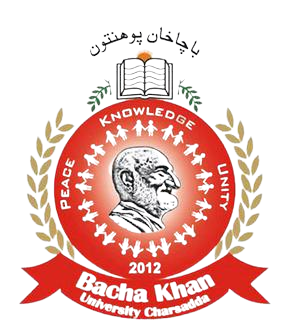Introduction
Recent developments in computer hardware, software, and communication technologies have offered new exciting opportunities and challenges for the creation of innovative learning environments for Computer Science and its curricula design. One of the key elements here is to prepare the graduates for the future. The challenge of getting all newly emerging technologies incorporated into the curriculum is becoming pivotal for curricula effectiveness. There is a need for curricula structure that can grow as we put new demands on it. The curriculum is required to provide integration of all components and the foundations that allow accessing to all the latest knowledge and technology to fulfill the vision of the future.
The primary intention of an academic program in Computer Science is to develop the student’s critical professional thinking and intuition. The curriculum must be structured to provide a balanced mixture of theory and practical experiences at foundation and advance levels to make the graduate capable of sound professional decisions. As a result, the graduate should assume responsible positions in business, government and at research level. The Program should also provide an excellent foundation for further formal learning and training.
The Computer Science curriculum is expected to provide an environment to put into practice the principles and techniques learned the implementation of the academic Program. The following summarizes some key characteristics for consideration as a basis of a successful academic program in Computer Science.
To be one of the leading computer science research and teaching department that responds quickly to the problems of the twenty-first century.
- To provide quality education to undergraduate and graduate level, focusing on both theoretical and applied foundations.
- To provide real world solutions by using skills attained and applying technologies and up to date techniques
- To providing an environment to conduct state of the art research in computer science and apply it.
- To provide computer science expertise to the people of the community and the nation
Program objectives
- The Program should provide a broad understanding of the field via introducing concepts, theories, and techniques.
- Intensive education/training in focused areas of Computer Science is desirable.
- The Program may encourage students to develop technical skills use abstract models and apply respective technology in practical situations.
- Computer Science graduates require special communication skills both oral and written. They must be able to produce well-organized reports, which clearly delineate objectives, methods of solution, results, and conclusions for a complex task.
- The Program should provide formal foundations for higher learning.
- The Program should be dynamic and flexible enough to maintain currency with the latest scientific and technological developments in the field.
 Head of Department
Assistant Professor
Bacha Khan University, Charsadda
Head of Department
Assistant Professor
Bacha Khan University, Charsadda
| S.No | Name | Designation | Highest Qualification |
| 1 | Mr. Dilawar Shah | Assistant Professor | MS Computer Science |
| 2 | Mr. ShujaatAli | Assistant Professor | MS Computer Science |
| 3 | Dr. Mohammad Abrar | Assistant Professor | PhD in Computer Science |
| 5 | Mr. Yasir Ali | Lecturer | MS Computer Science |
| 7 | Mr. Faizan Ullah | Lecturer | MS Computer Science |
| 8 | Mr. Ihtesham-ul-Haq | Lecturer | MS Computer Science |
| 9 | Mr. Shahid Qazi | Lecturer | MS Computer Science |
| 10 | Ms. Shamzash | Lecturer | MS Computer Science |
| 12 | Mr. Shams Tabrez | Lecturer | MS Computer Science |
| 13 | Mr. Farman Ullah | Teaching Assistant | MS Computer Science |
